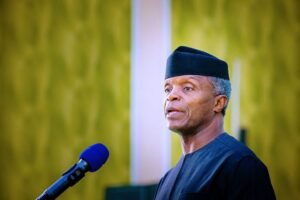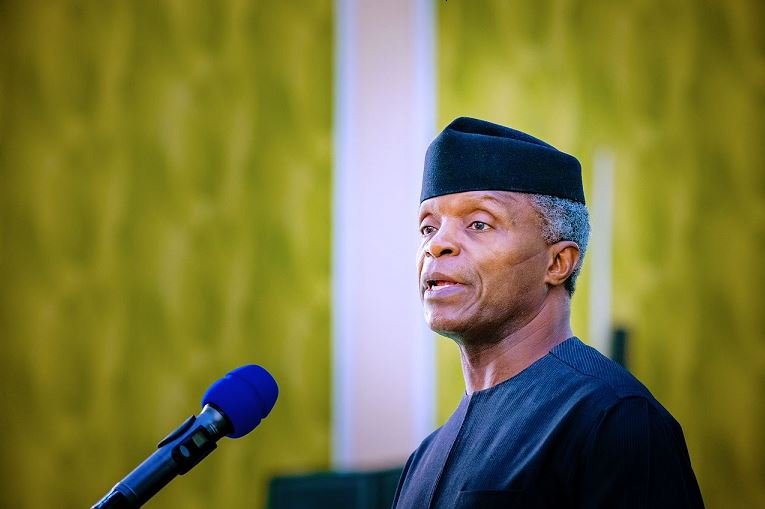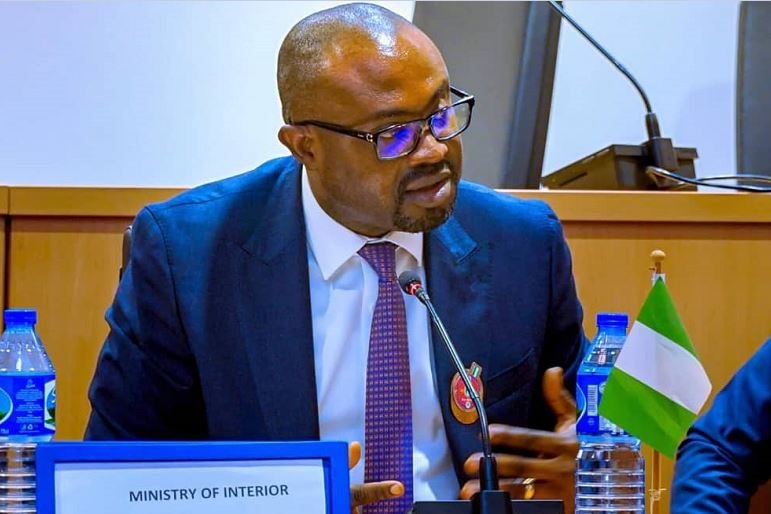Emotional scenes erupted at the India-Pakistan border this weekend, as families were unexpectedly separated following India’s instruction for practically all Pakistani citizens to leave the country, according to The New York Times on Monday.
The ban, issued in response to a recent terrorist assault in Kashmir, which India blames on Pakistan, has upended the lives of families with cross-border relationships.
As the deportation deadline passed, families flocked to Punjab’s Attari-Wagah border crossing, hoping for a respite, according to The New York Times.
Many had been to India for weddings, funerals, or long-awaited reunions. With most visas cancelled, only individuals with Pakistani passports were permitted to cross, leaving others behind.
According to reports, Takhat Singh’s family travelled from Pakistan to Rajasthan for his daughter’s wedding.
When the order arrived, Singh was forced to leave India with his younger children, but his wife, an Indian passport holder, was forbidden from accompanying them.
According to NYT, “How can you separate us like this?” Singh asked. “Who should we talk to about our misery?”
In the same vein, stories of separation and confusion echoed at the border. Vajida Khan, an Indian passport holder, was not permitted to return to Pakistan with her two young children, both Pakistani citizens.
“The government wouldn’t let me go and wouldn’t allow my kids to stay,” she said.
Pakistan has retaliated by cancelling the majority of Indian visas, straining cross-border connections that were already strained due to decades of geopolitical tensions.
The 1947 partition, which established Pakistan as a separate Muslim-majority state, divided many families along a border that is now severely regulated and politically charged.
Even some who had waited years for Indian visas were caught off guard.
Rabika Begum had finally been granted permission to attend her mother’s burial after five years of seeking. “I could not even get a fair chance to cry at her grave,” she told me.
The impact has even reached Hindu refugees from Pakistan, some of whom are now facing uncertainty after living in India for years.
Hanuman Prasad, a refugee in Delhi, voiced concern for his family’s future, fearing detention or forced repatriation. “Even a bird hesitates before leaving its nest behind,” replied the man.
The situation reveals a deeper, unresolved legacy of division and the ongoing struggle in Kashmir.
With diplomatic connections on the verge of collapse and cross-border mobility becoming almost impossible, families like the Singhs, Khans, and many more find themselves at the whim of political actions they cannot control.











